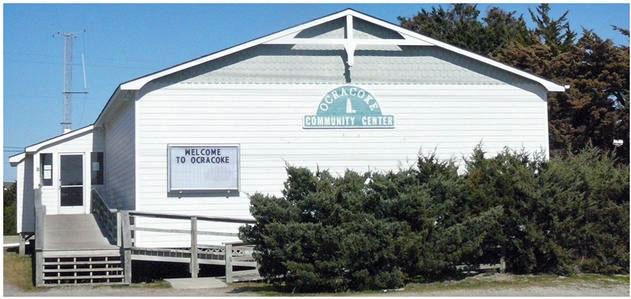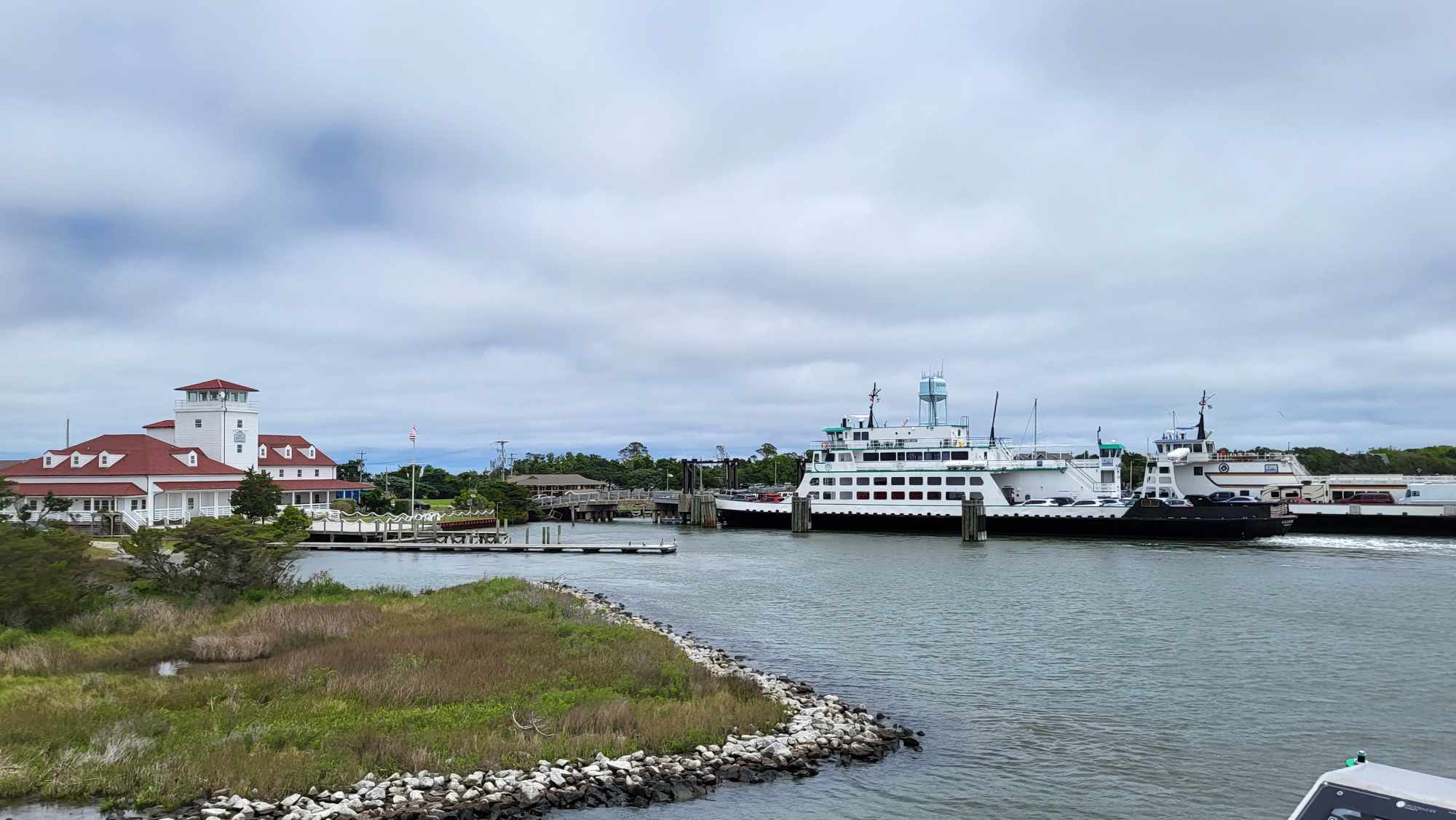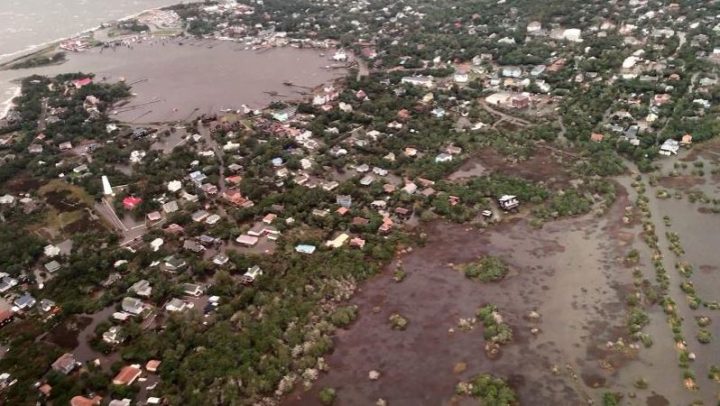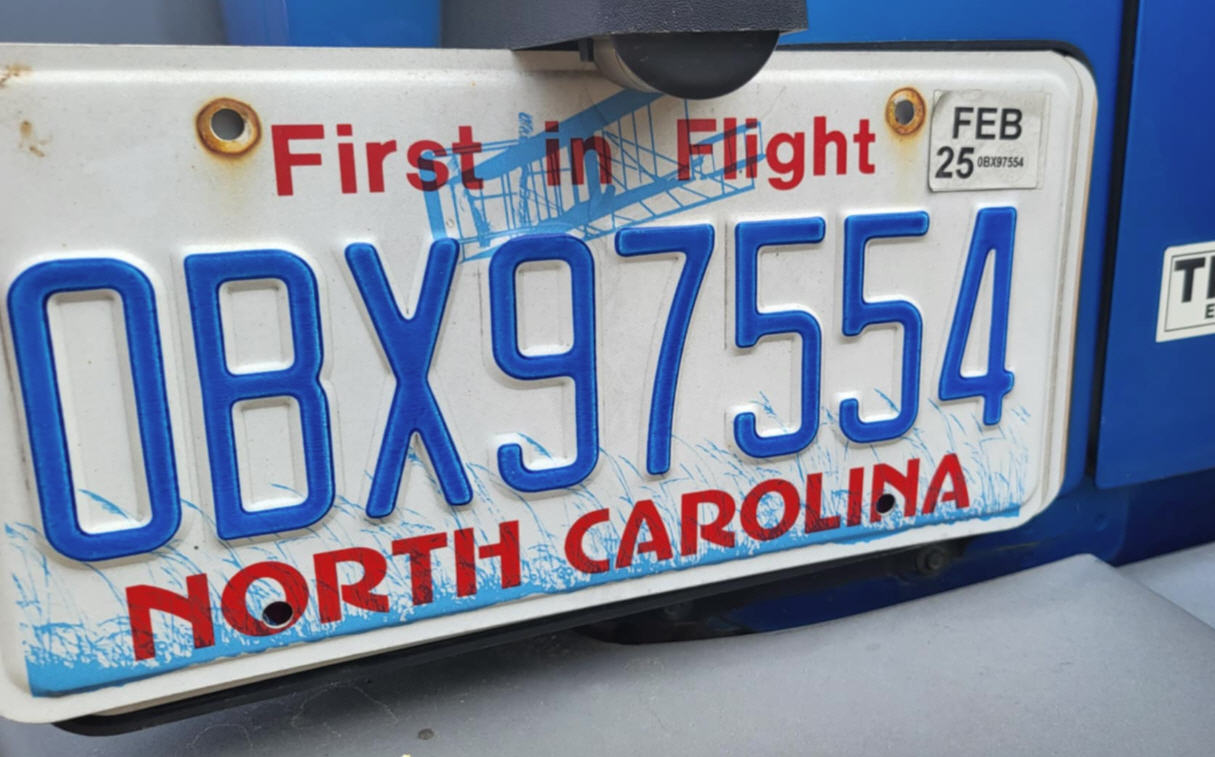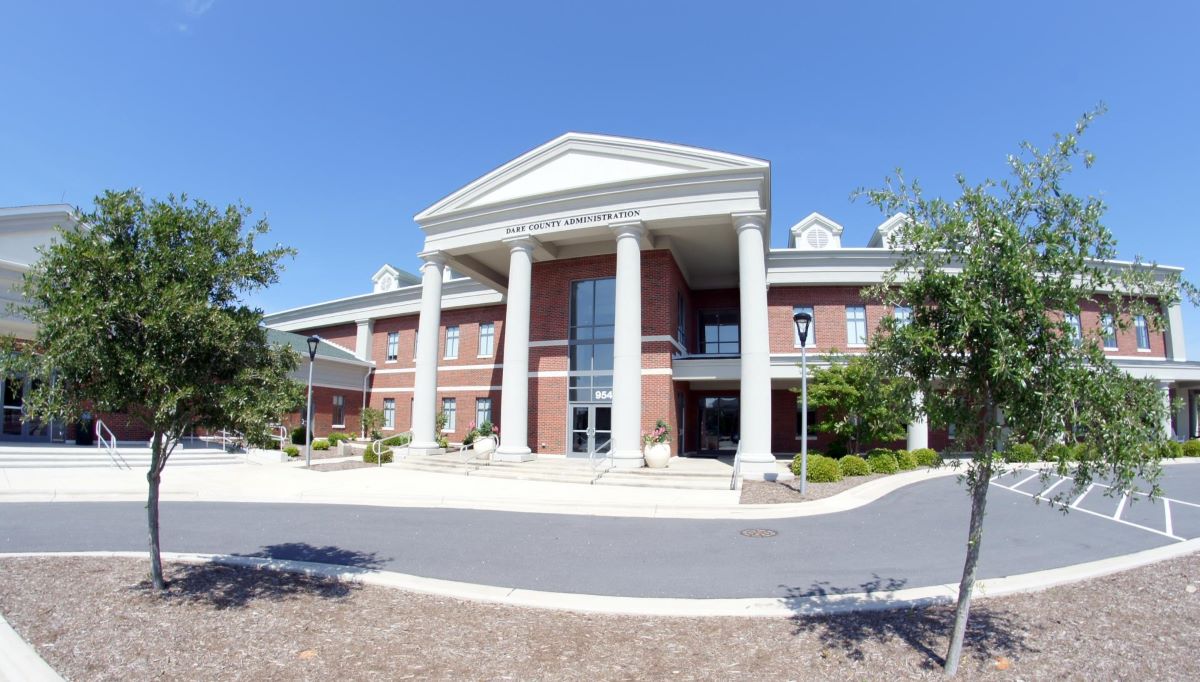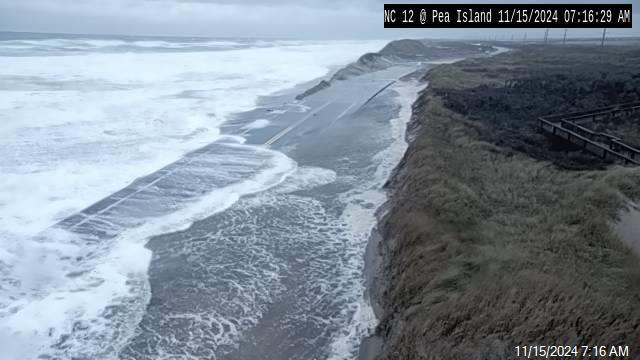Sea turtle stranding training at the Ocracoke Community Center this Sunday
Those wishing to volunteer this winter in rescuing cold-stunned and stranded sea turtles will have the opportunity to get training this Sunday (Oct. 17), 1 p.m. in the Ocracoke Community Center, 999 Irvin Garrish Highway.
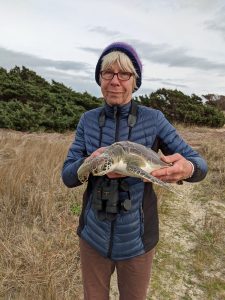
The session will last approximately two hours.
Karen Clark, wildlife biologist for North Carolina Wildlife Resource Commission, Amy Thompson, Ocracoke’s supervisory biological technician for the Cape Hatteras National Seashore, and Frank Welles, volunteer coordinator for sea turtle stranding for Hatteras and Ocracoke, will conduct this session.
To be a volunteer, training is mandatory and will cover sea turtle stranding patrol, response, sea turtle species identification, documentation and transport.
Those who have received training in the past are encouraged to attend as a refresher and hear of any updates in procedures.
Outer Banks sea turtle volunteers regularly monitor the sound and ocean shorelines after a cold spell, looking for cold-stunned sea turtles in need of assistance.
Cold stunning is a condition similar to hypothermia that is caused by dropping water temperatures. Sea turtles are cold-blooded reptiles that depend on the temperature of their surroundings to maintain their body temperature.
During a cold snap when temperatures decline below 50 degrees, they become lethargic, experiencing decreased circulation and slowing of other body functions that causes them to float to the surface. At that time, winds and currents may push them onto land.
A cold-stunned turtles may appear dead but may not be. If found alive, they can be transported to the Sea Turtle Assistance and Rehabilitation (STAR) Center at the N.C. Aquarium on Roanoke Island.
“Most sea turtles in this region this time of the year are juvenile greens, one to two years old,” according to Paul Doshkov, a National Seashore biological science technician.
